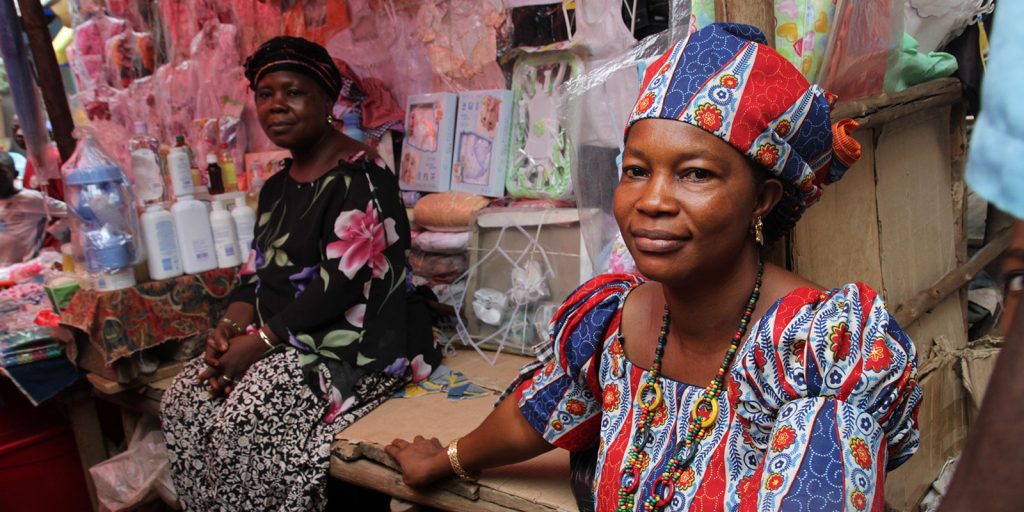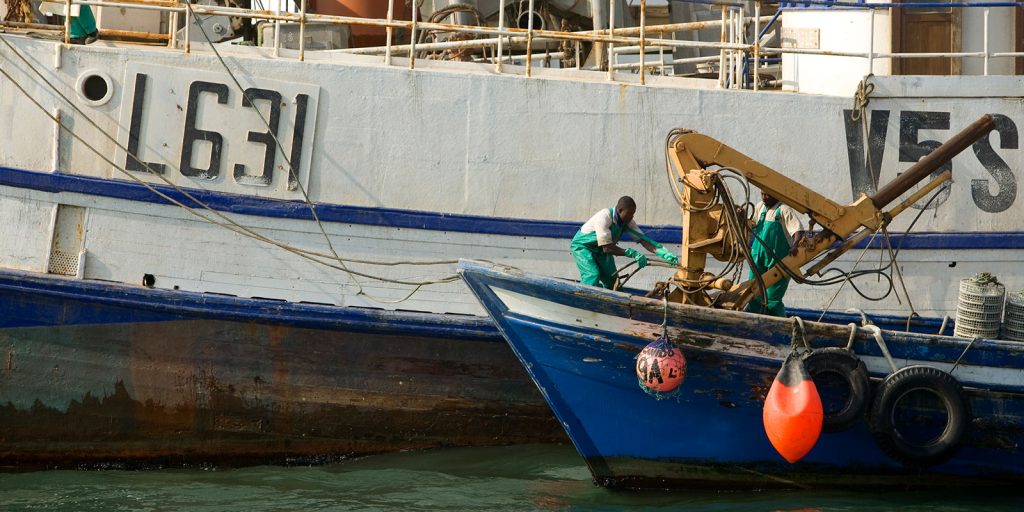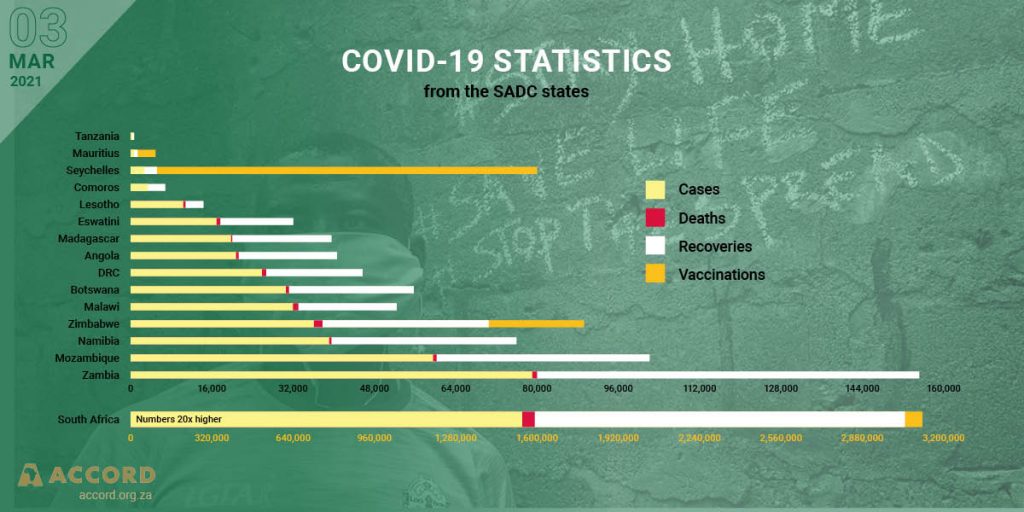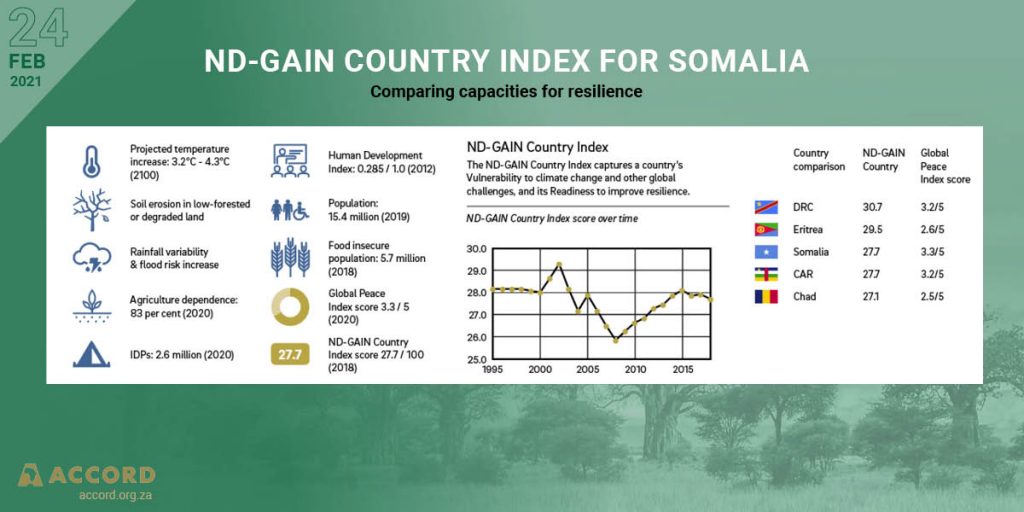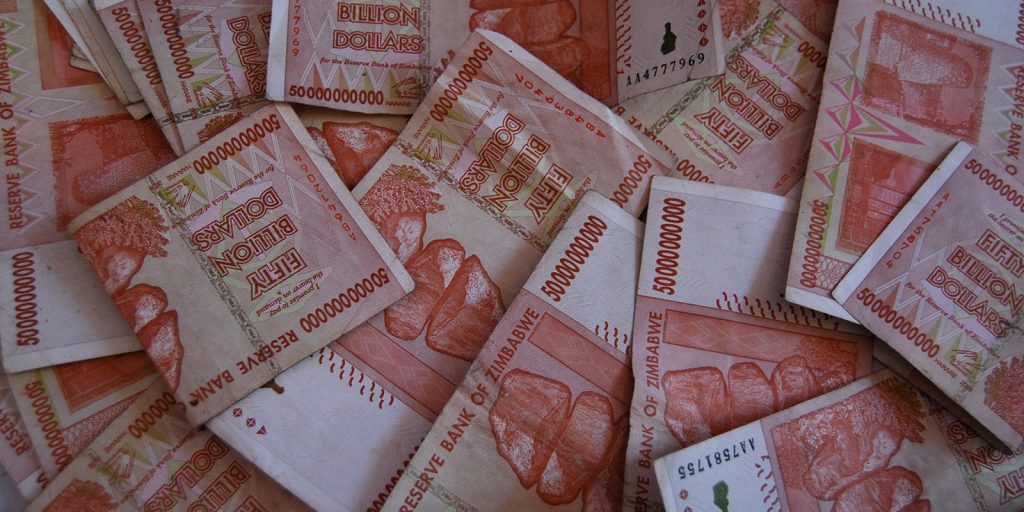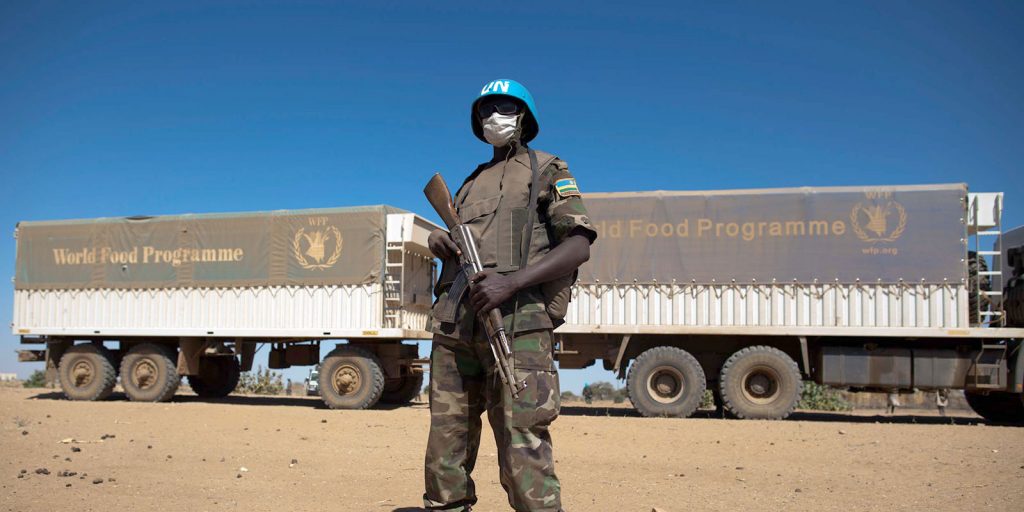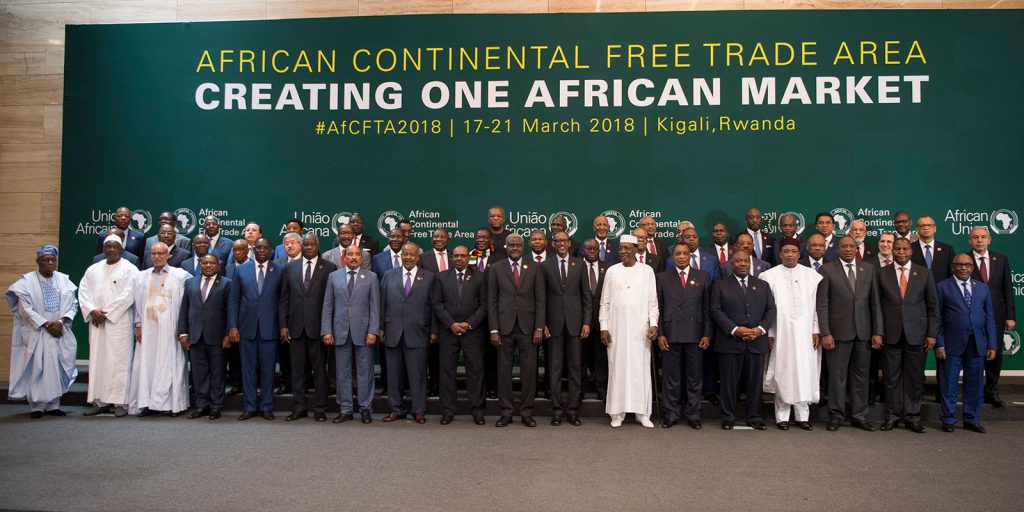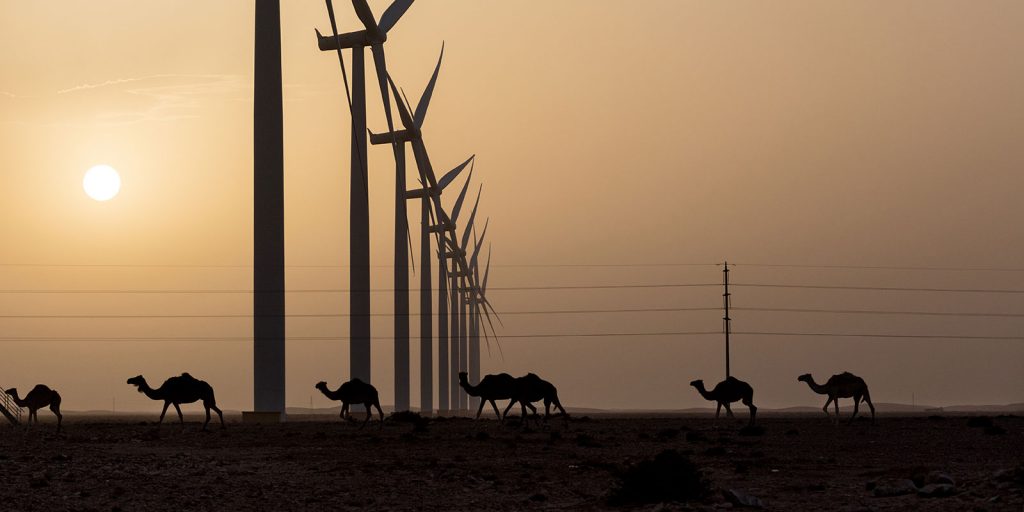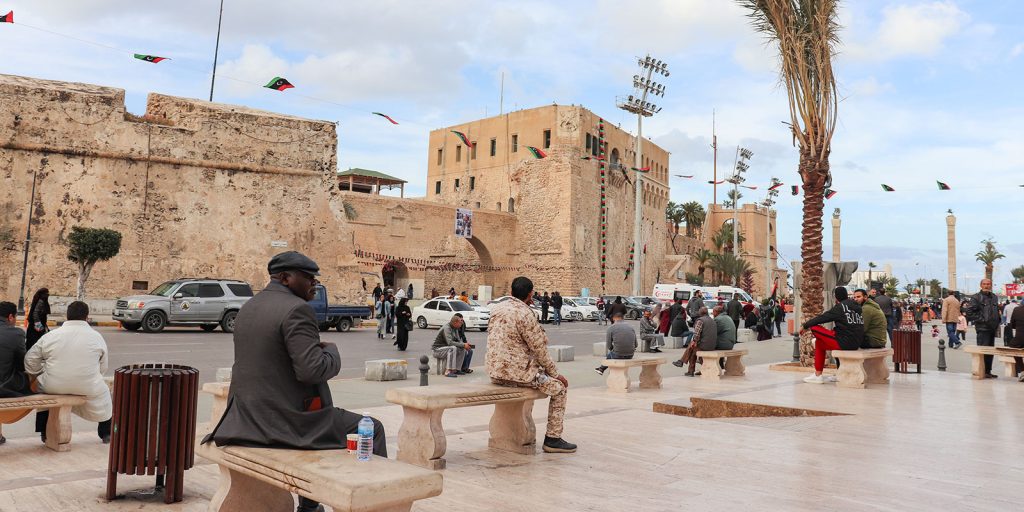Intra-Southern African Development Community (SADC) exports and imports as a proportion of overall trade of the region rose from 15.2% and 17.5% to 19.5% and 19.15% respectively between 2008 and 2018. In their virtual meeting held in March 2020, the SADC Council of Ministers (SCM) observed that less than 20% of intra-SADC trade prevents member States from realising their economic potential. Thus, the above marginal intra-regional trade, firstly, reflects low industrialisation, evidenced by a slight increase in the manufacturing sector’s contribution to gross domestic product (GDP) from an average of 10.3% in 2013 to 11.9% in 2018. Secondly, this reflects lack of diversifying member States’ economic structures from agriculture and mining sectors, which in 2018, accounted for an average of over 25% of GDP. While in particular, South Africa, the largest and most diversified economy, has high capabilities of dominating intra-SADC trade.
